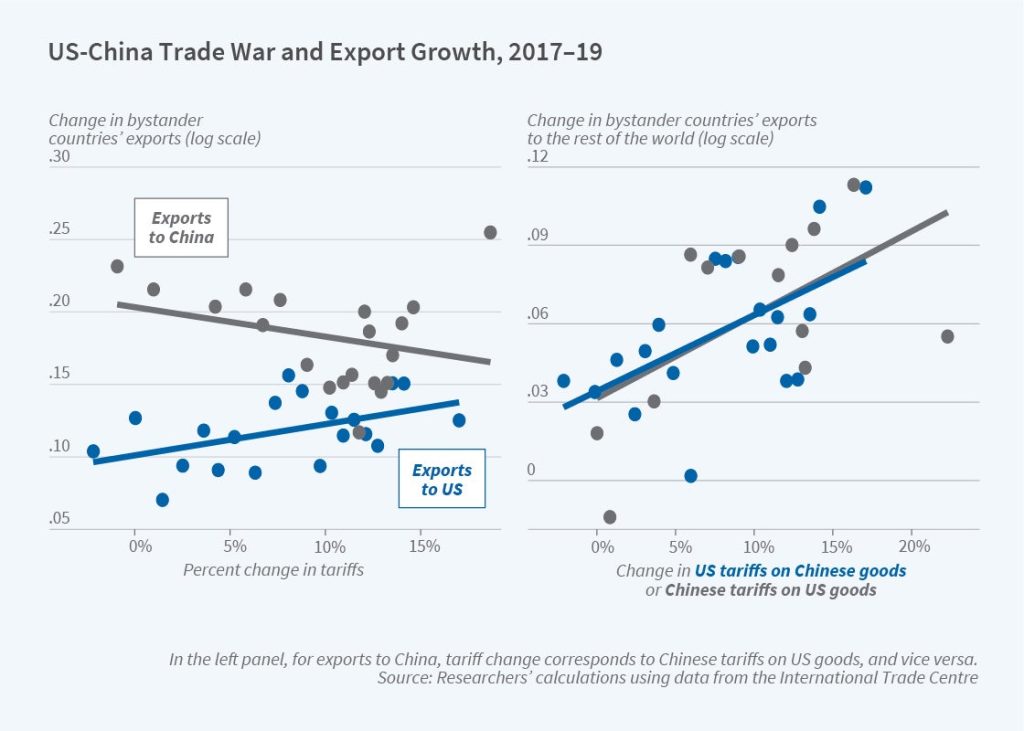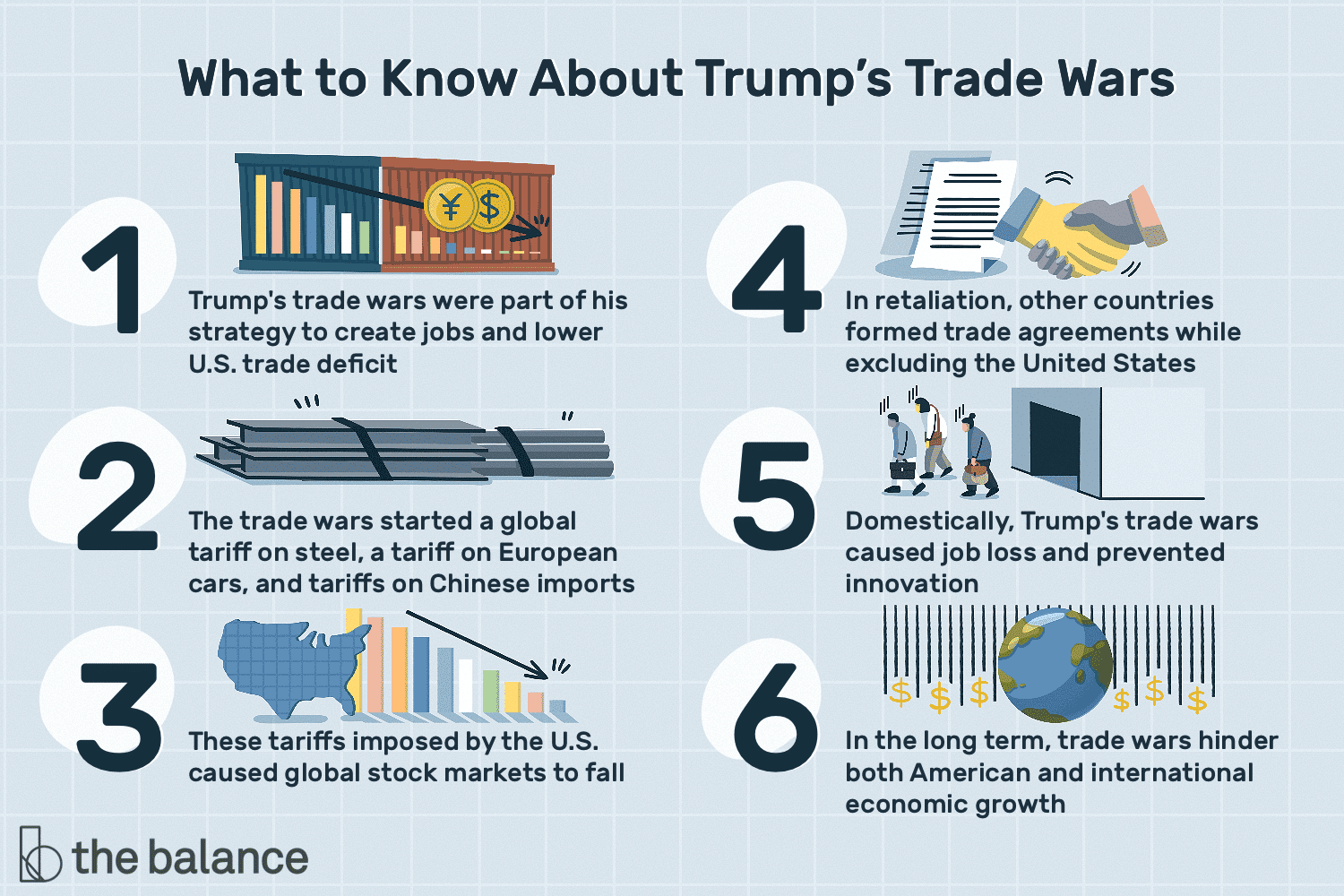The subject of trade wars, especially the United States’ new age trade war, resonates around the world, considering its prowess in the international trade sector. To discuss this topic effectively, we need to trace essential incidents that sparked previous trade wars, highlighting why they happened and their impacts on the global economy.
Unveiling the Roots of Trade War
Trade wars are not a new concept. Earlier times have seen their impacts, shaping global economic pathways, redirecting trade flows, and revolutionizing trade practices. But what sparks a trade war? Typically, a trade war starts when one country perceives another’s trading practices to be unfair or disruptive to its domestic industries. This sentiment often results in that country imposing tariffs on imports from the perceived “unfair” country.
Key Incidents Sparking Trade Wars
Historically, numerous incidents have sparked the fire of trade wars. Notably, during President Donald Trump’s era, the US heavily taxed goods and services like washing machines and solar panels from other nations, setting in motion the ongoing US-China trade war. As China retaliated, the trade war intensified, causing a rippling effect on the global economy.
Comprehensive Framework of Trade Wars: History and Examples
Trade wars have occurred throughout history, influencing the global economy in numerous ways. Through a comprehensive analysis of history, we can derive valuable insights on how trade wars escalate, the tactics used by nations during these wars, and the impact they have on the global economy and trade flows.
Scrutinizing Well-Known Trade Wars: Cases and Lessons
For example, in the 1930s, during the Great Depression, many countries sought to protect their domestic industries by restricting imports. This protectionist attitude led to the famous Smoot-Hawley Act in the United States, which led to an international trade war. This trade war aggravated the situation and led to an economic downturn in several nations.
Likewise, the current US and China trade war initiated by President Donald Trump is a prime example of this. Trump’s administration penalized China for its intellectual property policies and trade practices. This situation intensified as the United States and China engaged in back-and-forth tariffs on goods and services, affecting global trade.
By scrutinizing such trade wars, we learn that while trade wars might provide some momentary relief or achieve some short-term objectives for a particular country, in the long run, they often destabilize world trade, harm economic growth, and hinder progress.
Quantifying Economic Consequences Tied to Trade Wars
The economic impact of trade wars is substantial, affecting nations on many fronts. Import tariffs and imposed tariffs lead to increased prices for consumer goods, affect the supply chains of businesses, and disturb the global economy’s equilibrium.
Detailed Account of Economic Costs of the Trade Wars
For instance, the Trump administration‘s tariffs, initially aimed at protecting domestic manufacturers, led to unexpected costs to American businesses. They had to spend more to import necessary inputs or shift their supply chains due to increased tariffs. Furthermore, the costs of the trade war were shouldered by consumers as companies passed on the increased costs via higher prices for goods and services, degrading the purchasing power of average income households.
In light of this, trade wars may also have unintended consequences. For example, the United States and China‘s tit-for-tat tariffs have made certain goods from both countries less competitive, sometimes leading consumers and businesses to seek alternatives from other nations, in effect, reshaping the global trade landscape.
Decoding the US-China Trade War: Why, How, and Consequences
In the current global climate, the trade war between the US and China holds center stage. The roots of this trade war are deep and intertwined with several economic, political, and security issues affecting both countries. The rift began with President Trump’s concerns about a large trade deficit with China, questionable Chinese practices involving technology transfer, intellectual property, and market access.
Tracing the US-China Trade War Timeline: A Retrospective Analysis
Reflecting on the key incidents, in 2018, the U.S. imposed tariffs on US imports from China for intellectual property theft, leading to an increased cost for imported goods. China retaliated with tariffs on the goods and services from the US, setting in motion the US-China Trade War.
The US-China trade war highlights how trade policies can reshape the world trade and global economy, compelling businesses, consumers, and governments to adapt and shift strategies.

Trade Wars Beyond US-China: Effects on Bystanders and International Relations
Beyond the direct participants, the US-China trade war has had far-reaching effects on other nations, changing the dimension of their international relations with the two countries.
Interpreting the Influence of US-China Trade War on Other Nations: The Bystander Effect
On one hand, some countries stand to gain from the economic shift caused by the US-China trade war. An apt instance is the relocation of some manufacturing units from China to the countries like Vietnam, India and Bangladesh due to rising costs caused by the war. However, countries that rely heavily on US imports or Chinese exports are suffering due to increased costs and disrupted supply chains.
Deriving Meaning from Trade Wars: How Do They Impact You?
Finally, how a trade war unfolds and progresses resonates with individuals and communities. The economic consequences are rarely confined to the battling states. In truth, from costlier goods and services to the jeopardized jobs and businesses, the dust of a trade war settles heavily on our day-to-day lives.
Personal Impacts: Unpacking the Repercussions of Trade Wars on Individuals and Communities
In the United States, for example, tariffs on Chinese imports, in the bid to protect domestic companies, have made various consumer goods, from electronics to clothing, more expensive. The trade war has also led to China importing fewer US goods, hurting industries like agriculture, technology, and manufacturing.
We must remember that the story of trade wars is vast and complex, with implications for the global economy that go beyond the realm of economics. The knowledge we gain by understanding how they originate, how they escalate, and how they end is crucial in shaping trade policy and practice in the hopes of preventing future economic struggles.
Thus, we wrap our discourse on Trade wars and their impact on the global economy.

